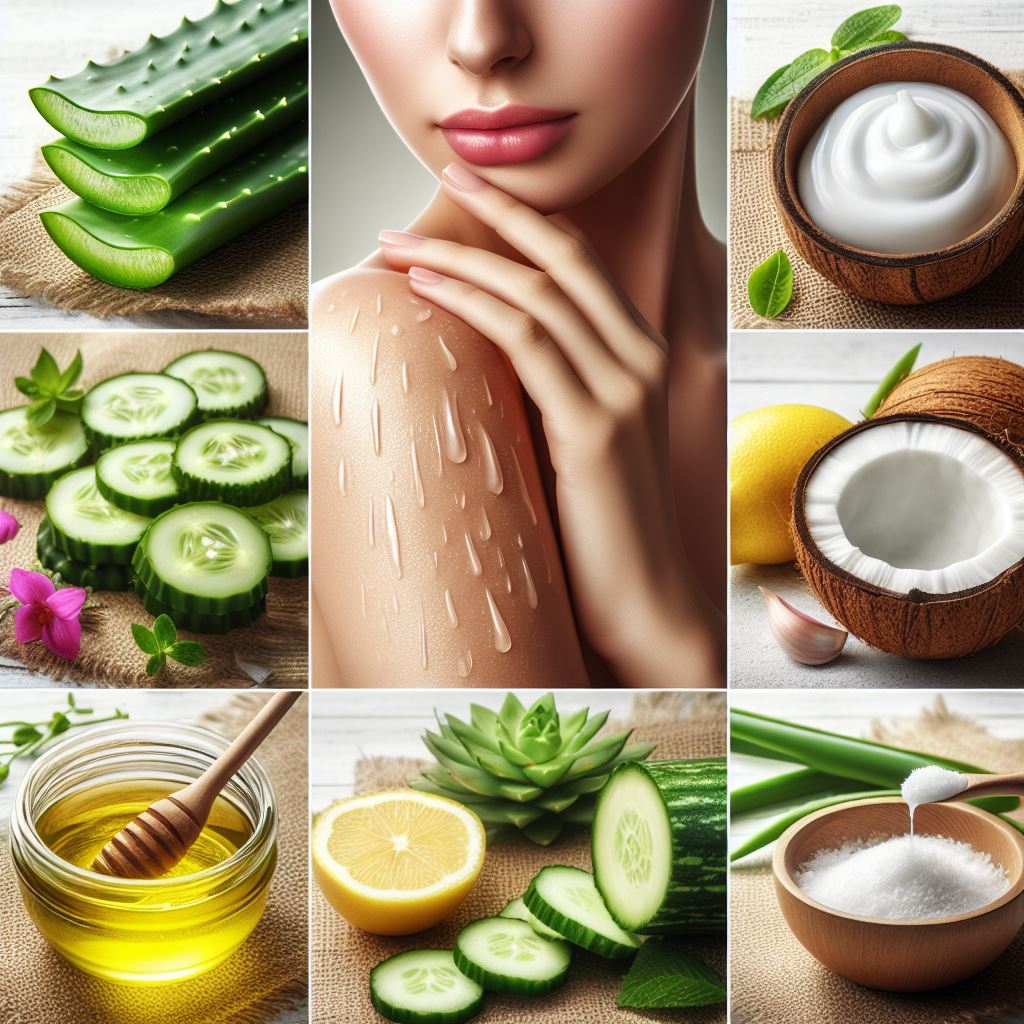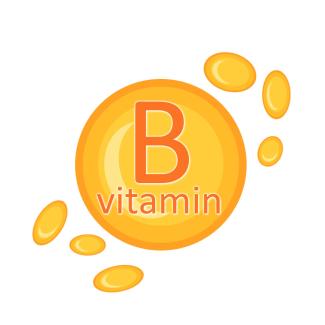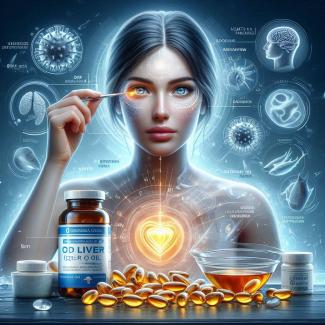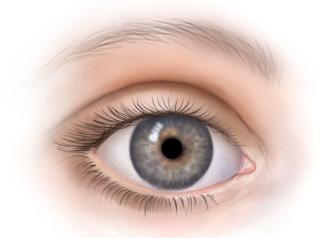
Achieving tighter skin typically involves a combination of lifestyle changes, skincare practices, and, in some cases, medical procedures. Here are some methods you can consider to help tighten your skin:
- Stay Hydrated: Proper hydration is essential for healthy skin. Drink an adequate amount of water daily to keep your skin hydrated from within.
- Eat a Balanced Diet: A diet rich in vitamins, minerals, and antioxidants can help improve skin elasticity. Include foods like fruits, vegetables, lean proteins, and healthy fats in your diet.
- Exercise Regularly: Regular exercise can improve blood circulation, which may promote skin health and elasticity. Strength training exercises can also help tone muscles, which can indirectly improve the appearance of skin.
- Avoid Smoking and Excessive Alcohol: Smoking and excessive alcohol consumption can accelerate skin aging and reduce elasticity. Quitting smoking and moderating alcohol intake can have a positive impact on your skin.
- Sun Protection: Sun exposure can damage collagen and elastin fibers in the skin, leading to sagging. Always use sunscreen when going outdoors, wear protective clothing, and use sunglasses and a wide-brimmed hat to shield your skin from the sun's harmful rays.
- Skincare Routine: Establish a skincare routine that includes cleansing, exfoliating, moisturizing, and using products with ingredients like retinol, hyaluronic acid, and peptides. These ingredients can help improve skin texture and firmness.
- Collagen Supplements: Some people opt for collagen supplements, which may help support skin elasticity. However, the effectiveness of these supplements varies, and it's essential to consult a healthcare professional before taking them.
- Topical Creams and Serums: Certain topical products may contain ingredients like vitamin C, vitamin E, or peptides that can help improve skin elasticity and firmness. Consult a dermatologist for recommendations.
- Microdermabrasion and Chemical Peels: These cosmetic procedures can help exfoliate the skin's outer layer and stimulate collagen production, leading to improved skin tightness. They should be performed by trained professionals.
- Radiofrequency and Laser Treatments: Non-invasive procedures like radiofrequency therapy and laser treatments can stimulate collagen production and tighten the skin. These treatments are usually performed by dermatologists or licensed practitioners.
- Surgical Options: In cases of severe sagging skin, surgical procedures like facelifts or tummy tucks may be considered to remove excess skin and provide a tighter appearance. Consult with a board-certified plastic surgeon for more information.
Remember that achieving tighter skin can take time and consistency. Results may vary from person to person, and it's essential to be patient and realistic about the outcomes you can achieve through various methods. Consult with a dermatologist or healthcare professional for personalized advice and recommendations based on your specific skin type and concerns.
Vitamin B - why we need it
Vitamin B, or the B-complex vitamins, is a group of water-soluble vitamins that play essential roles in various bodily functions. There are several B vitamins, each with its unique functions, but they are often grouped together because they are commonly found in the same foods and work together in many metabolic processes. Here's why we need vitamin B:
Folic acid deficiency can potentially contribute to symptoms of depression
A deficiency in folic acid, also known as folate or vitamin B9, can potentially contribute to or exacerbate symptoms of depression. Folate is an essential nutrient that plays a crucial role in various biological processes, including the synthesis of neurotransmitters in the brain, such as serotonin and dopamine. These neurotransmitters are involved in regulating mood and emotions, and imbalances can contribute to depressive symptoms.
Here are a few ways in which a lack of folic acid can impact depression:
What are jujubes (zizyphus or Chinese date)
Jujubes, also known as Zizyphus jujuba or Chinese dates, are a type of fruit that grows on the jujube tree (Ziziphus jujuba). These fruits are small and typically round or oval in shape, and they can vary in color from green to red or brown, depending on their ripeness. Jujubes have been cultivated and consumed for thousands of years in various parts of the world, particularly in Asia.
Here are some key characteristics and uses of jujubes:
Eggs have a positive effect on heart health as they contain unsaturated fats and important nutrients such as folate and omega-3 fatty acids
Eggs have been a subject of debate when it comes to their impact on heart health due to their cholesterol content. However, recent research has provided a more nuanced understanding of eggs' influence on heart health, suggesting that they can be part of a heart-healthy diet when consumed in moderation. Here are some of the ways eggs can have a positive effect on heart health:
How does vitamin B affect eye health?
Vitamin B plays a crucial role in maintaining good overall health, and while it may not be directly associated with eye health, it indirectly affects eye health in several ways. The B-complex vitamins, which include B1 (thiamine), B2 (riboflavin), B3 (niacin), B5 (pantothenic acid), B6 (pyridoxine), B7 (biotin), B9 (folate), and B12 (cobalamin), are essential for various bodily functions, including the maintenance of the eyes. Here's how they influence eye health:








